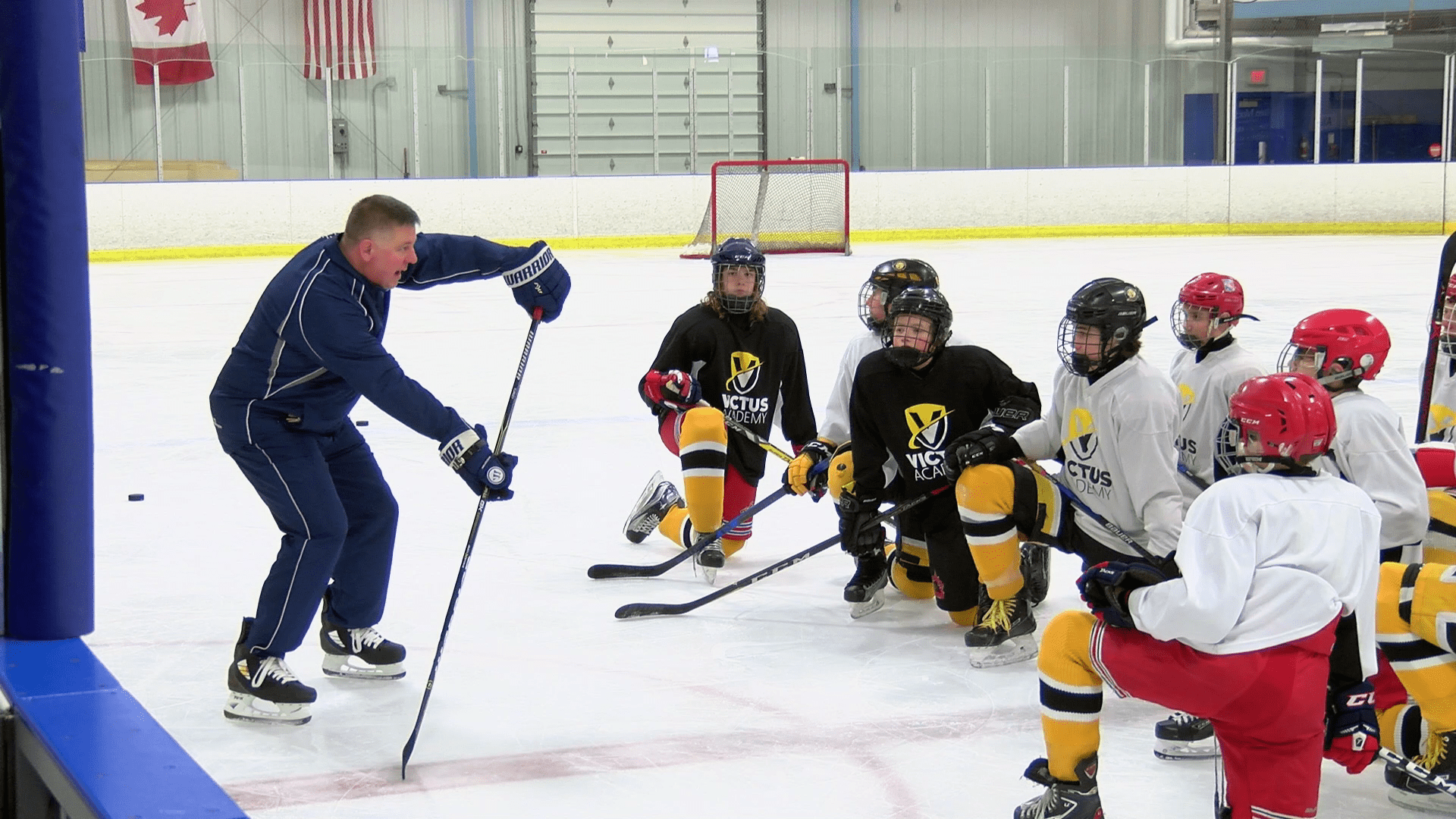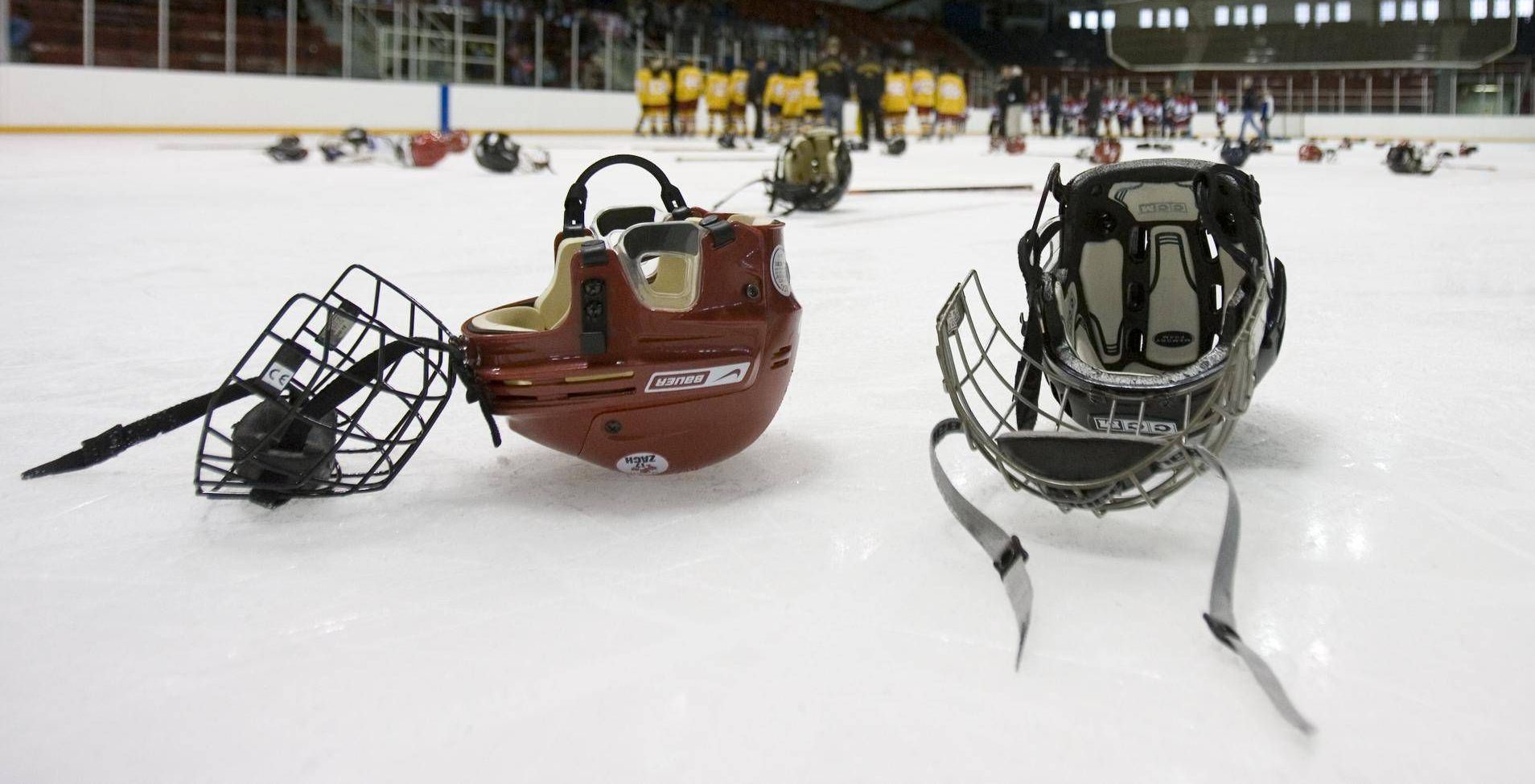While in most sports the head coach gets all of the acclaim as well as all of the criticism if things are not going well, it is his or her coaching staff that provides the support for the day to day operations of the team. In football, a coach has offensive and defensive coordinators, a quarterbacks coach, an offensive line coach, basically a coach for each specific group of positions. In baseball, a manager has a first base and third base coach, as well as a hitting coach and a pitching coach, to help with each group of players. The same holds true in hockey: a head coach stands behind his players on the bench with two or three assistant coaches, one usually in charge of the forwards and one for the defenseman. But have you ever heard of an associate coach? Read on to learn the difference between an associate coach and an assistant coach, and what the hierarchy of a coaching staff is.
Assistant coaches
You might have thought that the assistant coaches were the second in command on a hockey team’s coaching staff, and while that isn’t wrong, it isn’t entirely accurate either. Assistant coaches help the head coach to run practices and are usually in charge of one group of players, either the forwards or the defenseman. Depending on which group they are in charge of usually dictates where on the bench they stand. Now assistant coaches are often in charge of drawing up plays during timeouts and making in-game tweaks with players if they can see something that is working or perhaps something that is not going the team’s way.
Assistant coaches help the head coach draw up strategies and gameplans and also provide status reports and scouting reports during coaching meetings. In terms of the hierarchy, assistant coaches operate much in the same way as offensive or defensive coordinators in football, in that they oversee a group of players one either side of the ball or puck. It is also common for both coordinators and assistant coaches to be hired as head coaches in the next logical step in their careers. Because of this, assistant coaches in the NHL often find themselves shuffling between different organizations every few seasons until they are able to secure a job as a head coach.
Associate coaches
It is a fine line that separates assistant and associate coaches in the NHL, and a little bit of semantics as well. All associate coaches are assistant coaches but not all assistant coaches are associate coaches, if that makes sense. The reason for the discrepancy is that not all NHL teams designate associate coaches, in fact, currently only six teams in the league (the Edmonton Oilers, Montreal Canadiens, New York Islanders, Ottawa Senators, San Jose Sharks, and Winnipeg Jets) do so.
In terms of the coaching hierarchy, associate coaches are one step above a normal assistant coach and one step below a head coach. This gives them quite a bit of power and if the team designates an associate coach, it does make them the true second in command in the locker room. If a head coach is not around for any reason, the associate coach would step in and assume the role. If a head coach is fired mid-season and the organization is not interested in filling the vacancy with an outsider, the associate coach is generally the one that fills in as the interim head coach for the remainder of the season.
So as you can see the main difference in the NHL between an assistant and associate coach is rank and most likely the respect and reliance of the head coach himself. The title of associate coach is an earned one for sure, given the fact that only six teams feel like they need to anoint one. Job description wise the two positions are similar and in fact they overlap quite a bit. In this way we can sort of think of the associate coach as a head or lead assistant coach, one that is understood to step in and lead the team at a moment’s notice if required to. Often associate coaches will have prior head coaching experience, which allows them to make a higher salary than a junior assistant coach that is still learning the ropes. At the end of the day is there a huge difference between the two? Definitely not. But now you know why some assistant coaches are just assistants and why some have the title of associate coach.






